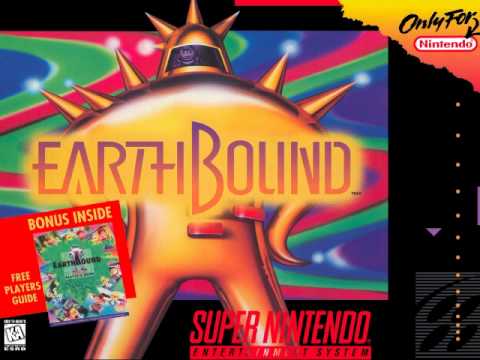Digital Voices In The Rain: Goto Nao’s SleepSleep EP
Omoide Label has become one of the best digital spots in Japan to find interesting utilization of Vocaloid and UTAU technology in electronic music. Goto Nao’s SleepSleep EP only adds to this growing reputation. The producer turns to UTAU program Kakoi Nizimine to provide singing on these three songs. The program’s voice isn’t particularly experimental…
